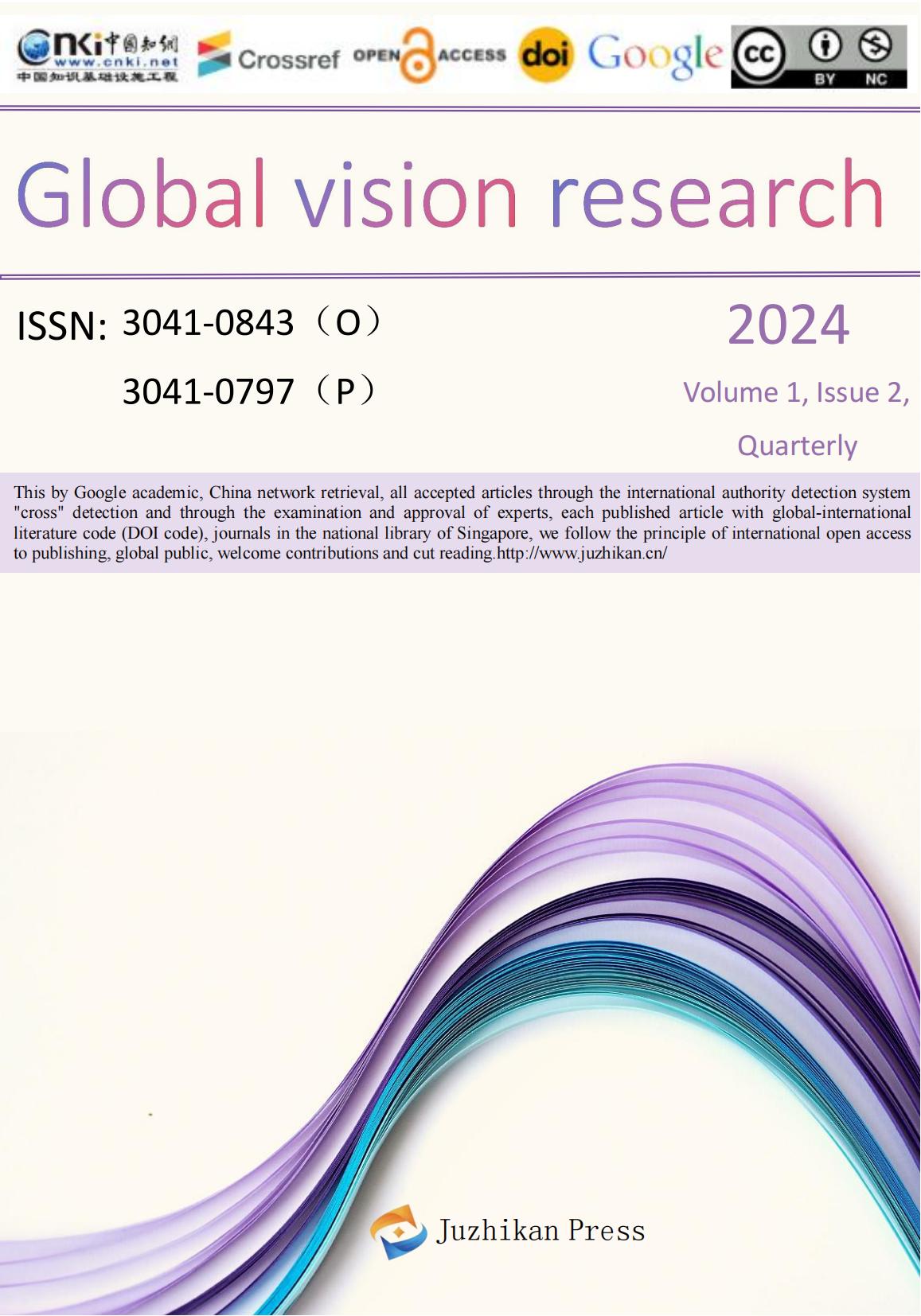 65 84368249
65 84368249 info@juzhikan.asia
info@juzhikan.asia 65 84368249
65 84368249 info@juzhikan.asia
info@juzhikan.asia
The profound philosophical implications of the 'second combination'
Wang Qi
Qinghai University , Xining City Qinghai Province China , 810016;
Abstract:The basic principles of Marxism and Chinese traditional culture have different origins, but based on their high degree of compatibility and room for innovation, we have continuously pushed forward the Chineseisation of Marxism and the modernisation of Chinese traditional culture, and realised the mutual achievements of the two. Accurately grasping the philosophical implications of the ‘second combination’ is an important perspective for understanding the ideological guarantee of the great rejuvenation of the Chinese nation. From an ontological point of view, the essence of the combination of the two lies in solving the national crisis, stimulating the theoretical characteristics of the two, and promoting the realisation of the great rejuvenation of the Chinese nation. From an epistemological point of view, the history of the combination of the two is a history of the CPC's deepening of the ‘three laws’ of the law of development of human society, the law of socialist construction and the law of Communist Party rule. From a methodological point of view, the combination of the two is the inevitable result of adhering to scientific thinking methods such as dialectical thinking, historical thinking and strategic thinking.
Key Words:Basic Principles of Marxism , The second combination , Philosophical implications
References
[1] Central Party Literature Research Office, editor. *Selected Important Documents Since the Founding of the People's Republic of China. Vol. 9, Central Party Literature Press, 1994, p. 348.
[2] Marx, Karl, and Friedrich Engels. *Collected Works of Marx and Engels*. Vol. 10, People's Publishing House, 2009, p. 7.
[3] Xiao, Qian. *Principles of Marxist Philosophy*. Part 2, Renmin University of China Press, 1994, p. 711.
[4] Wang, Qingtao. "The Inheritance and Development of Traditional Civilizational Perspectives by the Chinese Path." *Philosophical Research*, no. 6, 2020.
[5] Zhang, Dainian, and Cheng Yishan. *Chinese Culture and Cultural Debates*. Renmin University of China Press, 1990, p. 403.
[6] Central Party Literature Research Office, editor. *Selected Important Documents Since the 17th National Congress*. Vol. 2, Central Party Literature Press, 2011, p. 259.